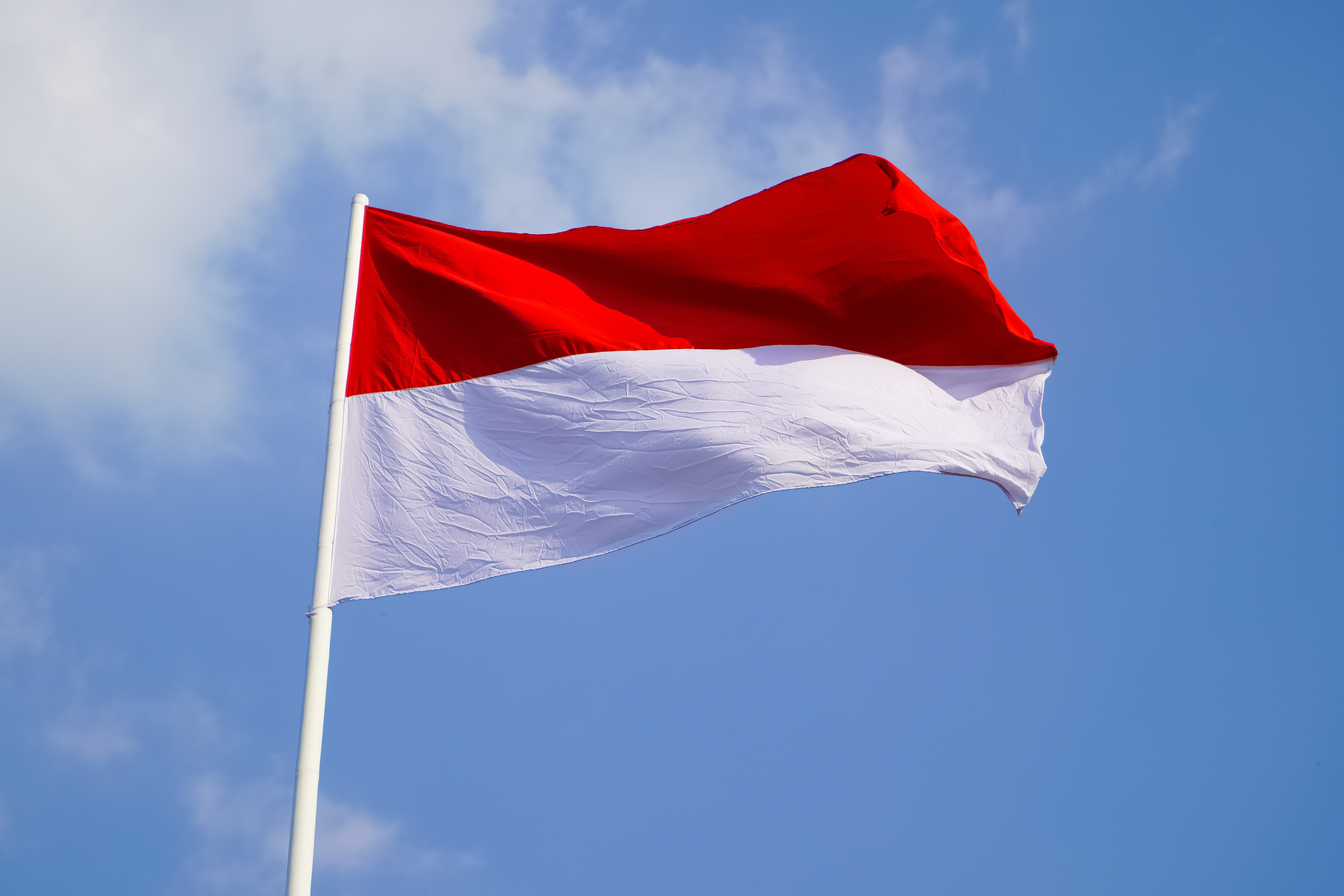Indonesia's antitrust agency, the Komisi Pengawas Persaingan Usaha (KPPU), has dealt a heavy blow to tech giant Google, fining the company IDR 202.5 billion (approximately $12.4 million) for abusing its dominant market position. The decision, announced on January 22, underscores the growing tension between global tech companies and emerging markets seeking to rein in monopolistic practices in the digital economy.
The main pillar in this case is Google's mandatory use of its proprietary payment system, Google Play Billing (GPB), for app transactions on its Play Store. The KPPU found that this practice limited competition, hurt local developers, and drove up prices for Indonesian consumers—an issue the agency described directly impacting market fairness and accessibility.
"The restriction of payment methods resulted in a decrease in the number of app users, a decrease in transactions which correlated with a decrease in revenue, and an increase in app prices of up to 30% due to increased service costs," the agency declared in a statement.
The KPPU's two-year investigation painted a troubling picture of how Google's payment monopoly has reshaped the Android app ecosystem. Developers were compelled to use GPB to publish and update their apps, with no alternative payment platforms permitted. Service fees on GPB ranged from 15% to 30%, significantly increasing the cost of app transactions and forcing many developers to raise prices. These inflated costs rippled through the market, with KPPU highlighting declines in app users, reduced transaction volumes, and overall losses for local developers. For consumers, the monopoly translated into higher app prices and in-app purchases—a direct hit to affordability in one of Southeast Asia's largest digital markets.
The investigation also uncovered enforcement measures used by Google against non-compliant developers. Apps that did not adopt GPB were reportedly removed from the Play Store, effectively cutting them off from the dominant Android marketplace. Google Play Store controls over 50% of the market for Android apps in Indonesia, making it the sole pre-installed option on virtually all Android devices.
Google plans to appeal the decision, defending its practices as compliant with Indonesian laws and essential for fostering competition. The company also pointed to its User Choice Billing (UCB) program, which allows developers to offer alternative payment options alongside GPB. However, critics argue that such measures are insufficient to undo the harm caused by years of monopolistic practices.
Yet, the KPPU’s ruling goes beyond fines. It mandates Google to eliminate the exclusive requirement for GPB and reduce service fees by 5% for developers using alternative payment systems for the next year. While this move aims to promote competition, enforcement and compliance will likely determine whether these changes create meaningful relief for developers and consumers. This is a larger battle to assert its regulatory authority over multinational corporations that dominate its digital ecosystem. Still, the road ahead remains complex. Without strict enforcement of the KPPU’s directives, the structural imbalances between global tech giants and local markets may persist.
Regulators in emerging markets are increasingly challenging the dominance of tech giants like Google. Indonesia joins a growing list of countries—such as South Korea and India—pushing back against restrictive app store policies that many see as exploitative.
.png?width=1816&height=566&name=brandmark-design%20(83).png)



